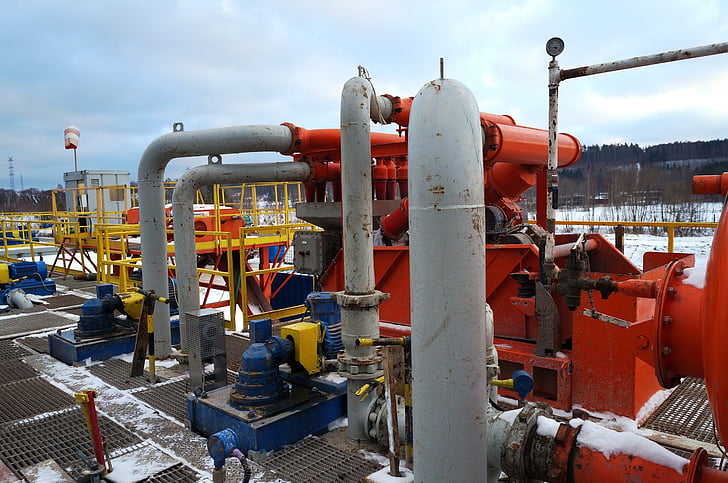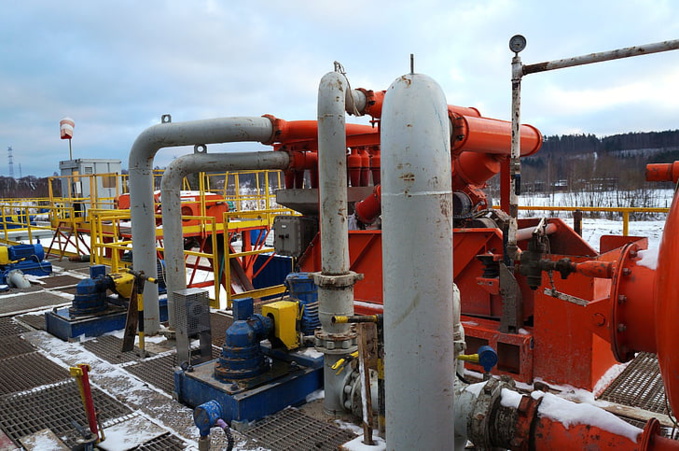The state was eager to get the project up and running as soon as possible, so a special law was enacted, and the 26-kilometer pipeline connecting the new terminal to the existing pipeline system was completed in just five months.
The storage facilities at the terminal have already been filled with 165,000 cubic metres of LNG arriving from Nigeria; regasification will begin on December 22nd, and regular gas supplies to the grid will begin in January. Throughout the year, the platform will be able to supply gas to 50,000 households.
Germany had no LNG terminals until this year, instead relying on cheap pipeline gas from Russia (covering 55 percent of its supply needs). The country could obtain LNG from the global market only through terminals in Belgium and the Netherlands. Back in the end of 2020, Germany's Uniper was seeking bids to reserve FLNG capacity in Wilhelmshaven, but market participants did not show enough interest in the project. Uniper instead considered modifying the project to supply hydrogen.
After the outbreak of the conflict in Ukraine, gas supplies to Germany via the Nord Stream pipeline were restricted, forcing Berlin to rely on gas supplies from neighboring countries while bearing transportation costs.
source: dw.de
The storage facilities at the terminal have already been filled with 165,000 cubic metres of LNG arriving from Nigeria; regasification will begin on December 22nd, and regular gas supplies to the grid will begin in January. Throughout the year, the platform will be able to supply gas to 50,000 households.
Germany had no LNG terminals until this year, instead relying on cheap pipeline gas from Russia (covering 55 percent of its supply needs). The country could obtain LNG from the global market only through terminals in Belgium and the Netherlands. Back in the end of 2020, Germany's Uniper was seeking bids to reserve FLNG capacity in Wilhelmshaven, but market participants did not show enough interest in the project. Uniper instead considered modifying the project to supply hydrogen.
After the outbreak of the conflict in Ukraine, gas supplies to Germany via the Nord Stream pipeline were restricted, forcing Berlin to rely on gas supplies from neighboring countries while bearing transportation costs.
source: dw.de



















